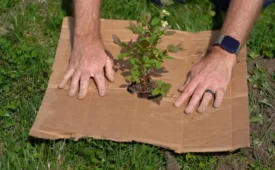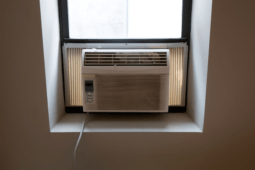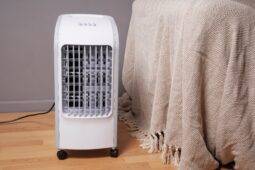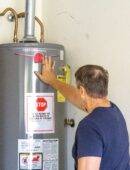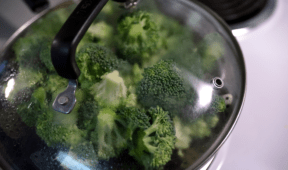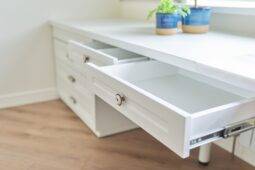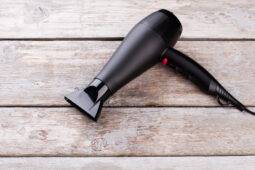5 Things You Should NEVER Clean With All-Purpose Cleaner
All-purpose cleaners are one of the most convenient items in our cleaning arsenals. They promise to tackle a variety of surfaces and messes with ease. However, not all surfaces are created equal, and using an all-purpose cleaner on certain materials can cause more harm than good. In this article, we’ll uncover five things you should never clean with an all-purpose cleaner to avoid damaging your belongings and ensure effective, safe cleaning.
1. Natural Stone Countertops
Natural stone surfaces, like granite, marble, and quartz, are beautiful but delicate. While all-purpose cleaners might seem like a quick fix for a mess, they can actually damage the porous surface of natural stone. The harsh chemicals in these cleaners can break down the stone’s sealant, causing discoloration, stains, and even irreversible etching.
To clean natural stone countertops, use a mild dish soap solution with warm water and a soft cloth. For deeper cleaning, look for a cleaner specifically formulated for stone surfaces. Regularly reseal your countertops to maintain their protective barrier and preserve their shine.
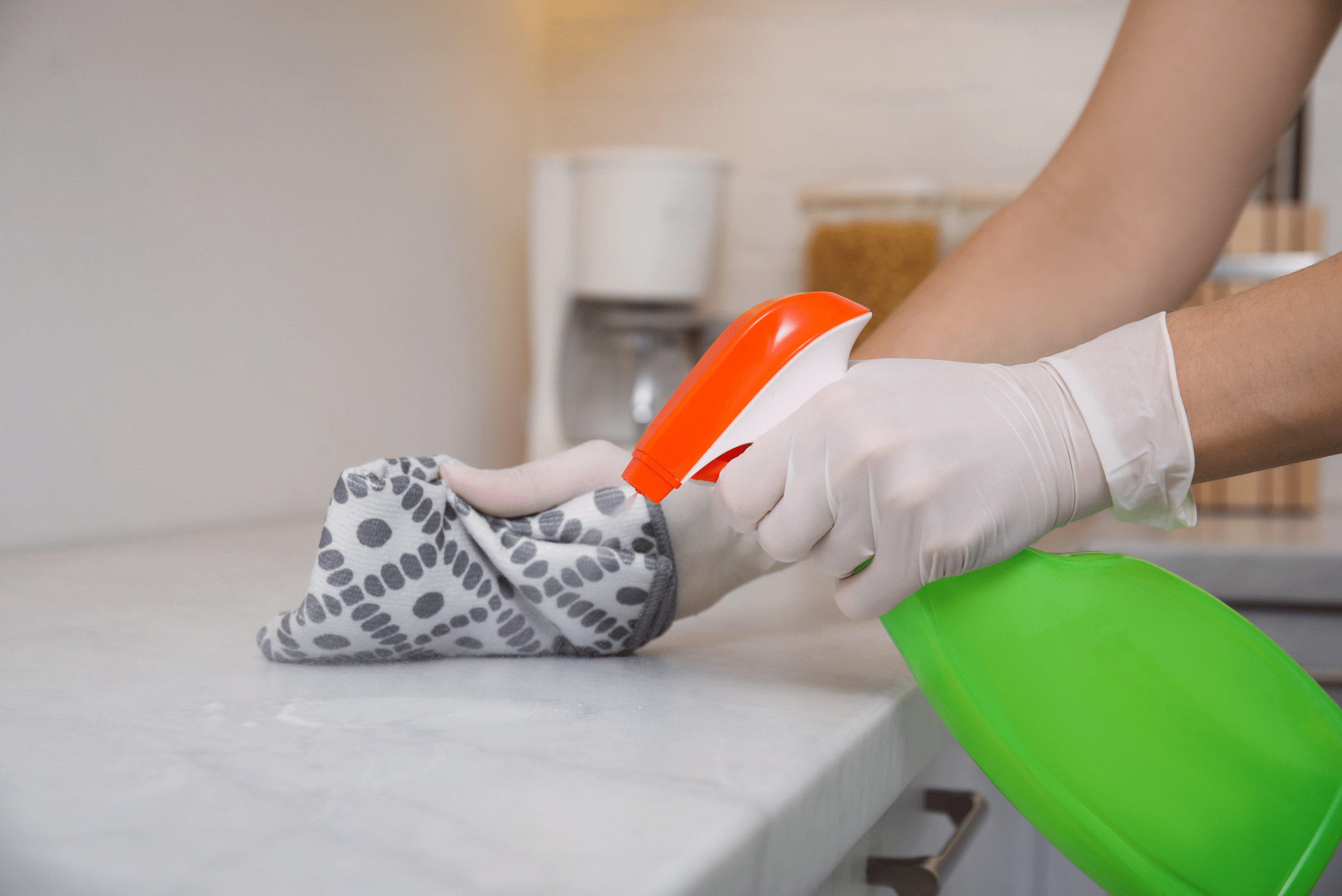
2. Wooden Furniture and Floors
Wood is a sensitive material that can be easily damaged by harsh chemicals found in many all-purpose cleaners. The high acidity of some cleaners can strip the natural oils from wood, leading to drying, cracking, or discoloration. Over time, repeated use of all-purpose cleaners can dull the finish of your furniture and floors, causing them to look worn out and aged.
To clean wood, opt for a cleaner specifically designed for wood surfaces, or create your own by mixing equal parts vinegar and water (used sparingly). Always follow up with a dry cloth to avoid leaving excess moisture on the wood, which can cause warping.
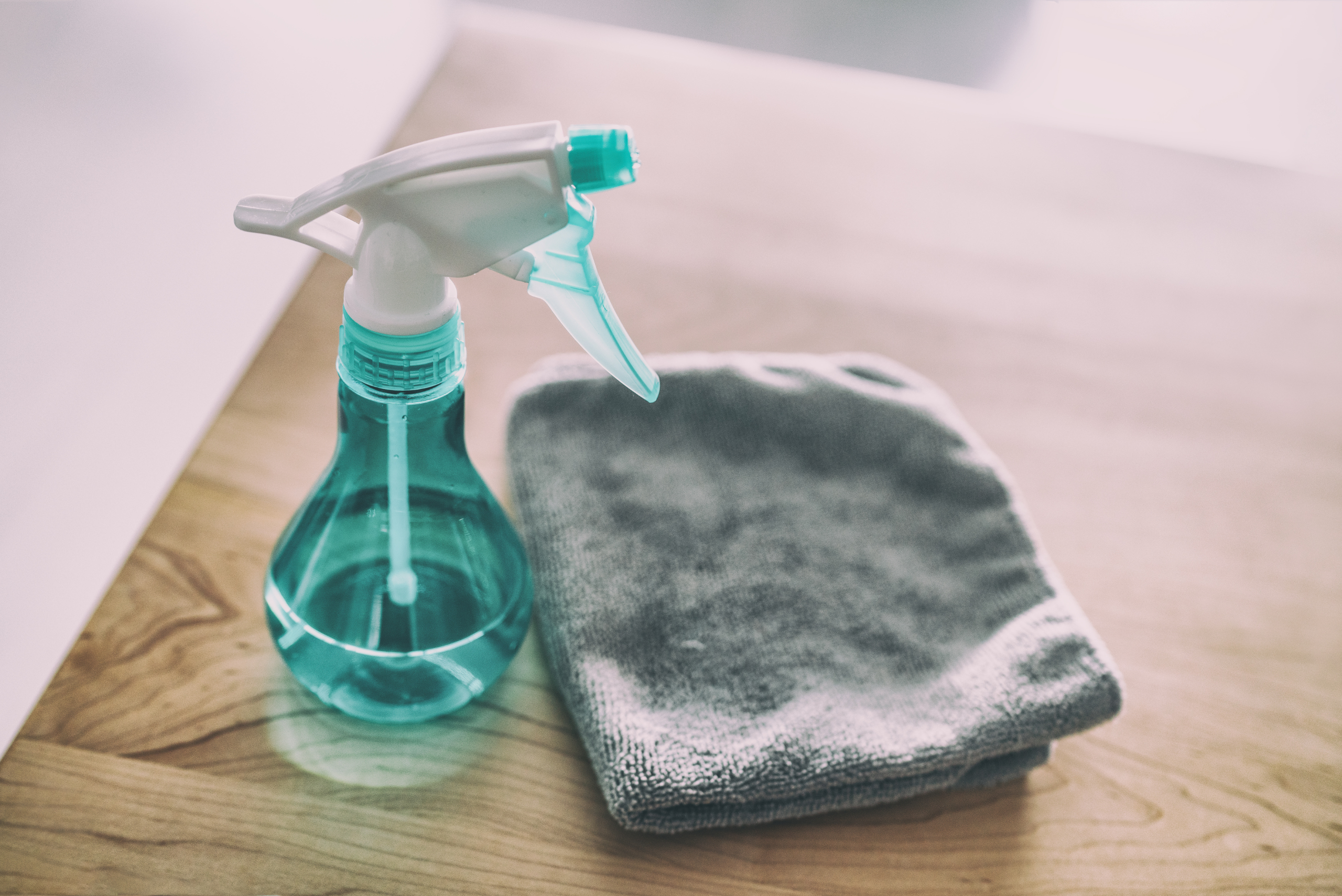
3. Leather Upholstery
Leather furniture and accessories require special care to maintain their softness and durability. All-purpose cleaners, with their strong chemicals and abrasive properties, can dry out and damage leather, causing cracks, discoloration, and loss of luster. The residue left behind by these cleaners can also make the leather feel sticky or greasy.
Instead, clean leather with a cleaner specifically made for leather or a simple solution of mild soap and water. Be sure to test any product in an inconspicuous area before applying it to the entire surface. Regular conditioning also helps to keep the leather supple and moisturized.
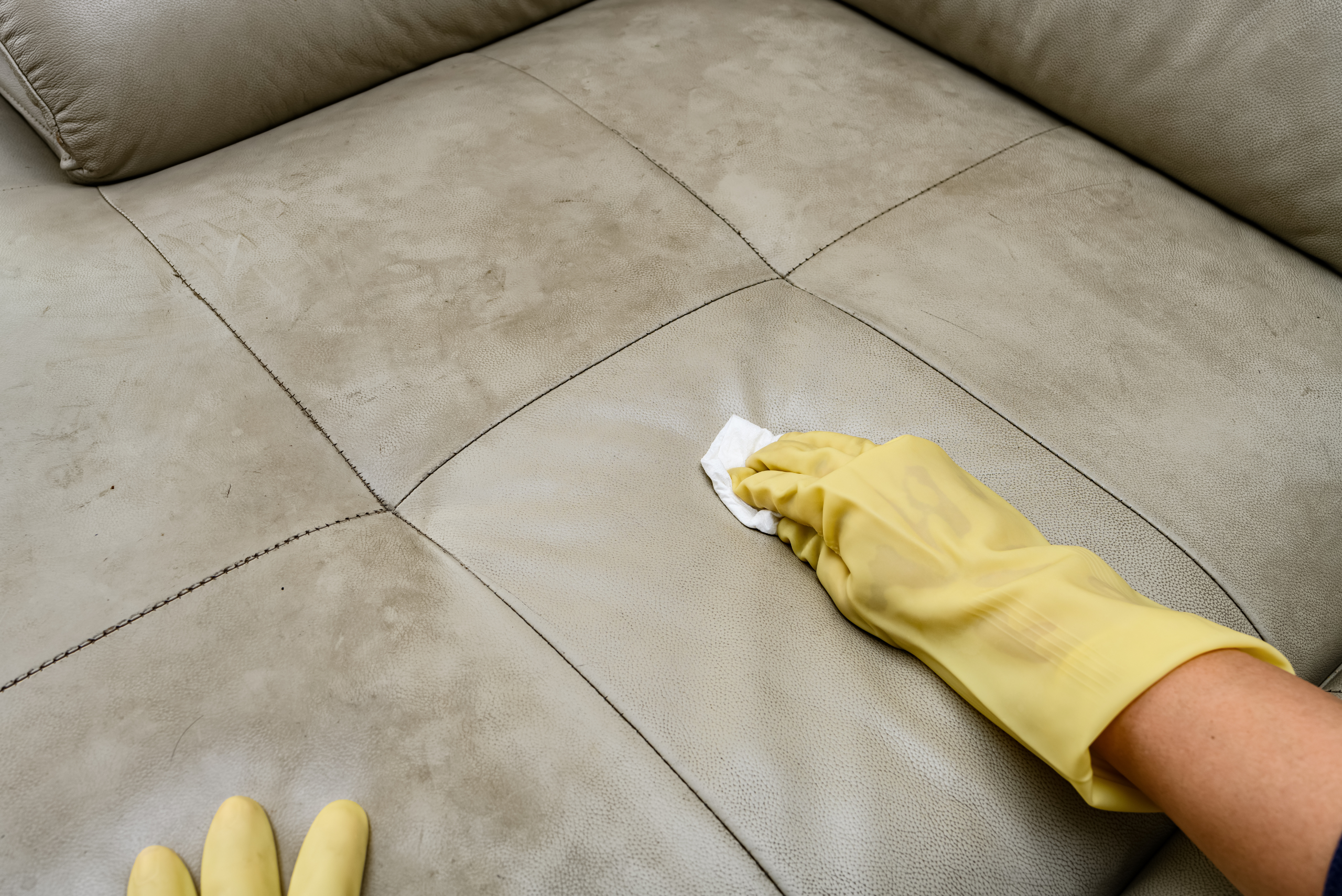
4. Non-Stick Cookware
Non-stick cookware, such as frying pans and baking sheets, is prone to damage if exposed to harsh chemicals. All-purpose cleaners can weaken the coating of non-stick pans, causing it to peel or flake off over time. When the coating is compromised, food can begin to stick, and the pan may even become unsafe for use.
To properly clean non-stick cookware, use a soft sponge and mild dish soap. Avoid abrasive scrubbers that could scratch the surface, and never use harsh cleaners. For stuck-on food, soaking in warm soapy water is often enough to loosen debris without causing harm.
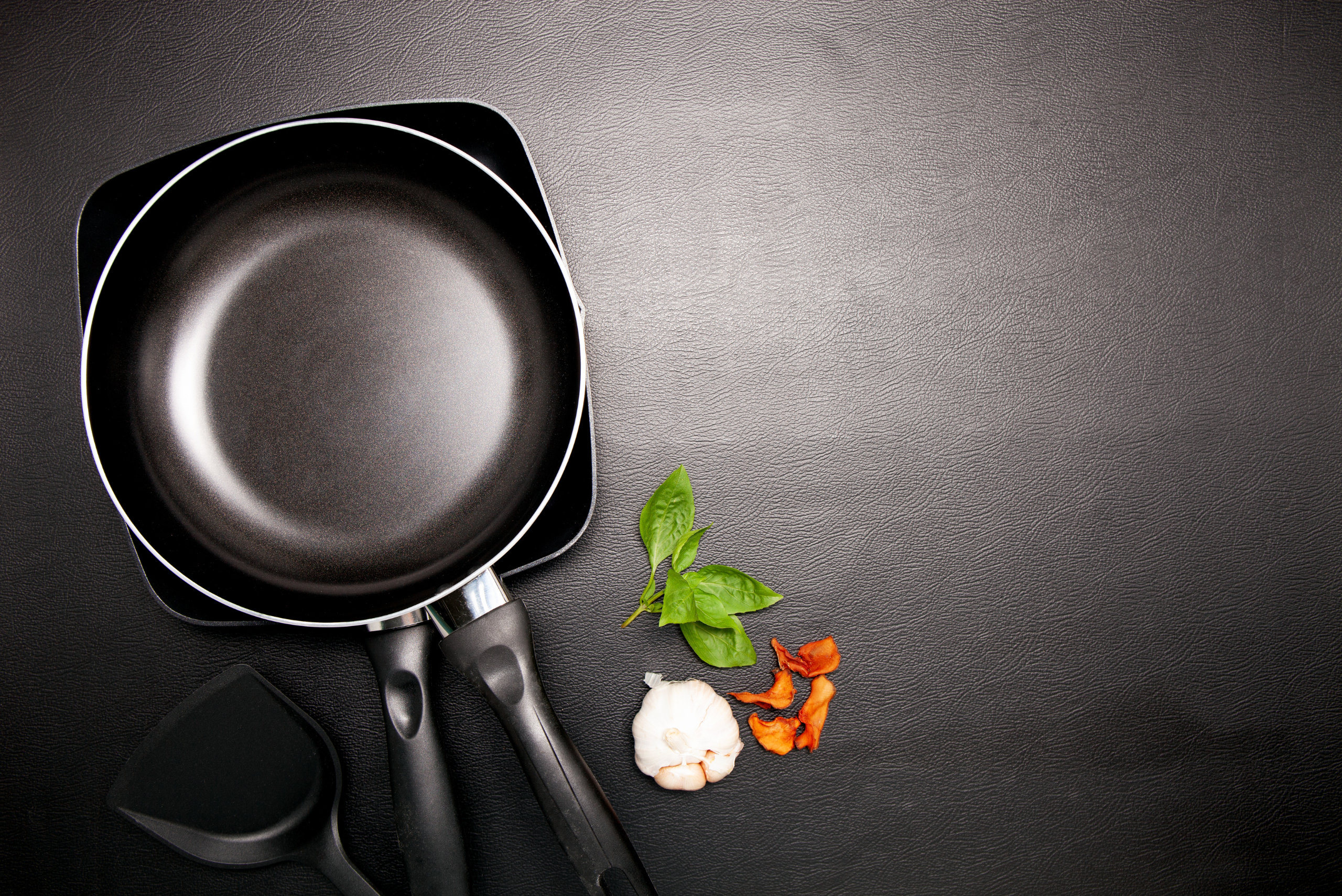
5. Electronics and Screens
Cleaning electronics, such as televisions, smartphones, tablets, and computer monitors, requires a delicate touch. All-purpose cleaners can be too harsh for these sensitive devices. The chemicals can seep into small crevices and cause damage to delicate components. Additionally, the cleaner can leave streaks or residue that make your screen appear foggy or cloudy.
To clean electronics, use a microfiber cloth lightly dampened with water or a cleaner designed specifically for screens. Always follow the manufacturer’s instructions for cleaning to avoid damaging your device. For heavy-duty cleaning, invest in products meant for electronics, which are gentle and effective.
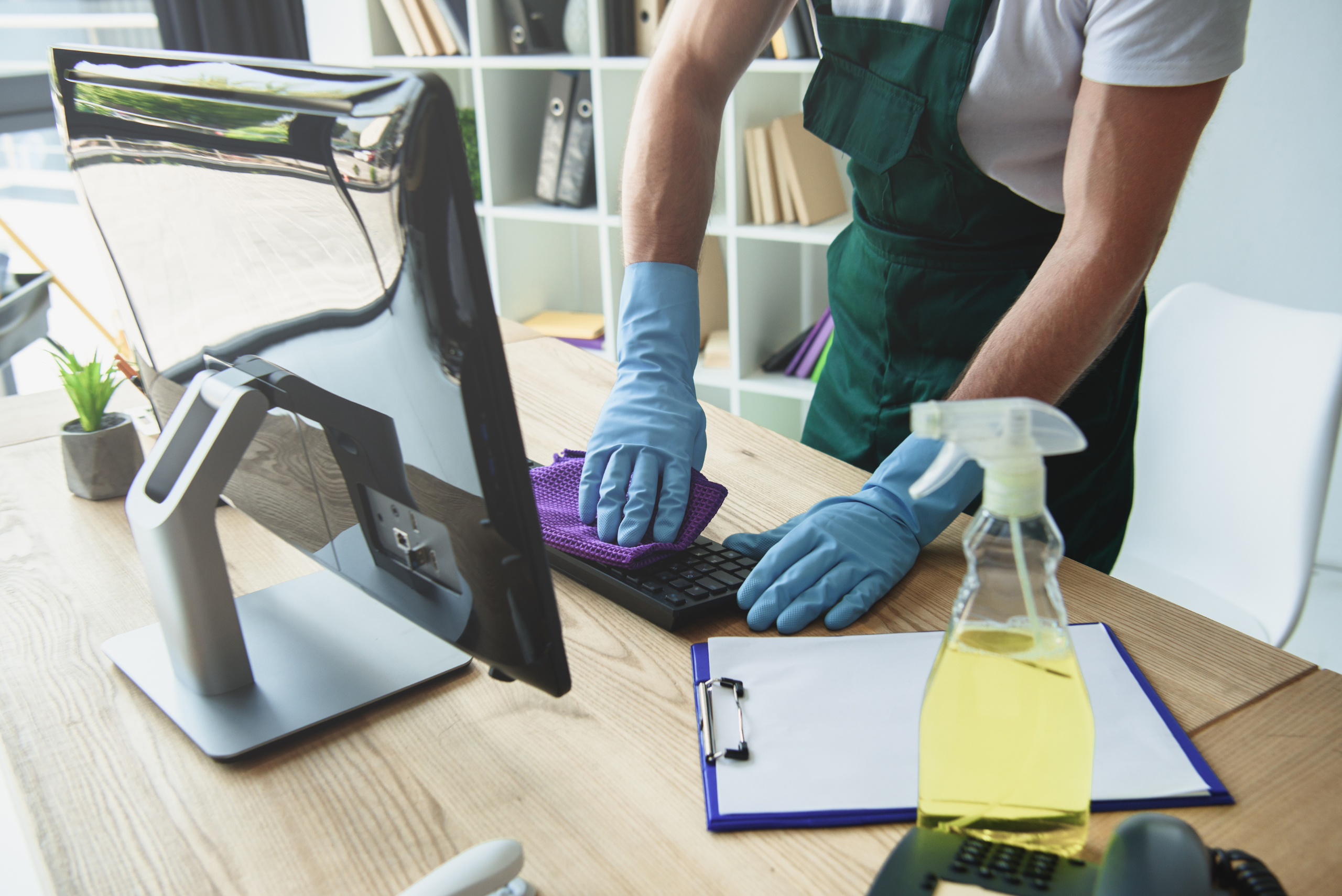
Related Articles
- How to Clean Your Phone and Why You Should
- Why You Should Never Mix Baking Soda and Vinegar for Cleaning
- How to Use Vinegar to Clean Floors the Right Way
While all-purpose cleaners are convenient, they’re not suitable for every surface in your home. To protect your belongings and ensure they last longer, avoid using them on natural stone, wood, leather, non-stick cookware, and electronics. By choosing the right cleaning products for each material, you’ll preserve the integrity of your surfaces while achieving a sparkling clean result every time. Happy cleaning!


